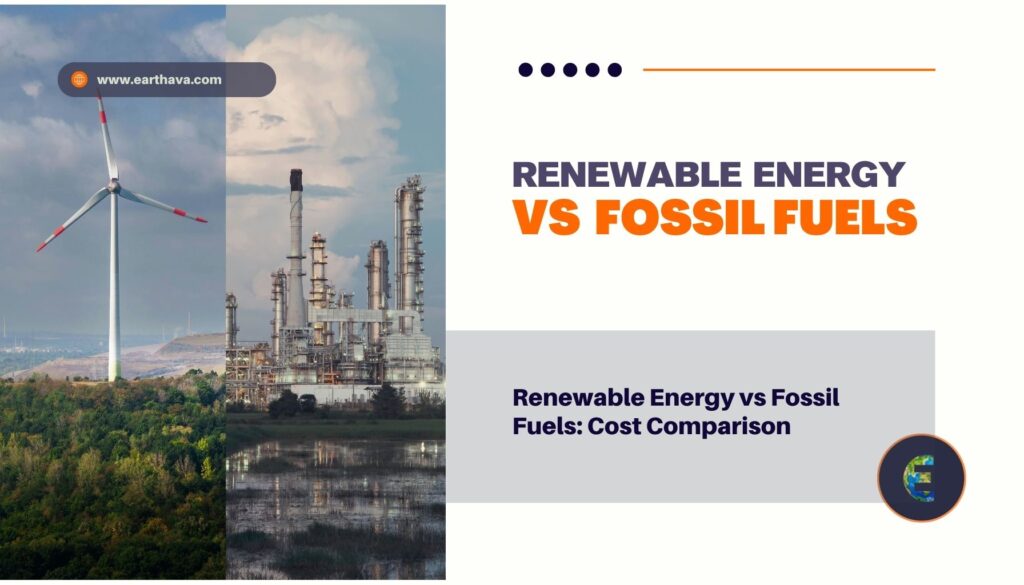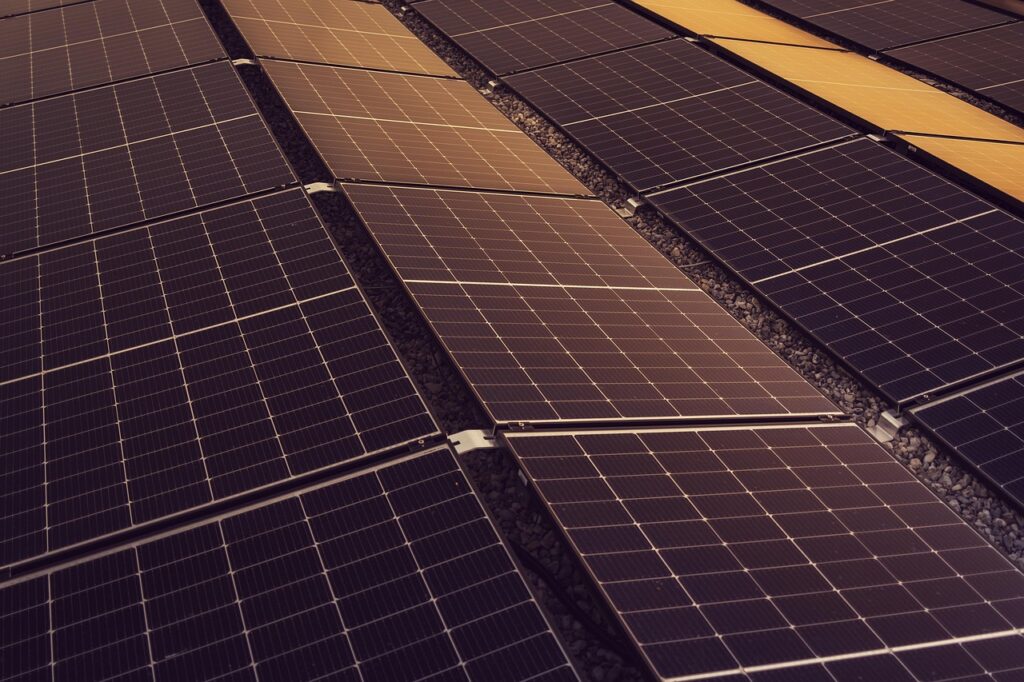According to the latest report by REN21 (Renewable Energy Policy Network for the 21st Century), 2015 saw a major increase in the availability and use of renewable energy around the world, with renewable energy sources at an all-time high. This positive development is a result of communities and companies choosing to invest in renewable energy to make it easier and more affordable to obtain.

The world’s new commitment to the environment and these energy sources is best highlighted by the COP21 climate change conference in Paris at the end of 2015, which made it clear that further investment in renewable energy is the wave of the future.
The Importance of Renewable Energy
Clean, renewable sources of energy are readily available from the environment and require relatively minimal effort to harness. Because they come from sources in nature that are constantly replenished, there’s no danger of running out (as there is with the limited supply of fossil fuels). Renewables, therefore, also offer protection against price fluctuations that can destabilize economies that depend on large sources of fuel to function.
Common examples of renewable energy sources include:
- Solar power
- Wind power
- Hydroelectric power
- Tidal power systems
- Geothermal energy
- Biofuels (including wood, vegetable oil, and even algae)
What Renewables Will Replace

Though the world as a whole experienced a major increase in the production of renewable energy in 2015, many of these advances were seen in developing nations. First-world countries continue to rely heavily upon non-renewable fuel sources to power their economies.
Existing infrastructure heavily favors fossil fuels. In addition, power plants and transmission technology provide reliable storage for energy from non-renewable sources, which allows it to remain competitive despite environmental drawbacks.
Non-renewable fuel sources are typically fossil fuels based on carbon:
- Coal
- Petroleum
- Natural gas
These basic sources are often further refined into home heating oil, gasoline, and diesel fuels, and it’s even common for them to be used to power the turbines that create electricity.
Making the Best Energy Choices
Renewable energy sources have distinct long-term advantages over fossil fuels, chief among them the fact that they aren’t going anywhere. The sun will continue to shine. The rivers will run, and the wind will blow — all of which means that these energy sources can be relied upon for the long term.
The world’s supply of fossil fuels, on the other hand, is dwindling, and it’s becoming increasingly difficult to reach the pockets of oil and natural gas that do still exist well underground. As infrastructure to store and transmit renewable energy becomes more plentiful and the available fossil fuels dwindle further, simple supply and demand will bring down the price of renewable energy sources to make them the affordable default choice.
In the meantime, though, many areas of the world continue to rely on energy from a variety of sources, and consumers can do their best to make choices that work for their pocketbooks as well as the environment. When possible, it makes sense to choose renewable sources for electricity and home heating.
If renewable energy isn’t an option, though, you can do your best to choose the cleanest possible fuel as an alternative. For example, if you compare natural gas to oil, you’ll find that while most gas furnaces are quite efficient, oil emits more heat when burned. Your choice will depend largely on the availability of each fuel type in your area as well as the price.
It’s clear from the REN21 report that even if you don’t have affordable renewable energy sources near you today, they are surely on the way as the trend toward renewable energy sources continues. This is excellent news for the environment and consumers alike.


